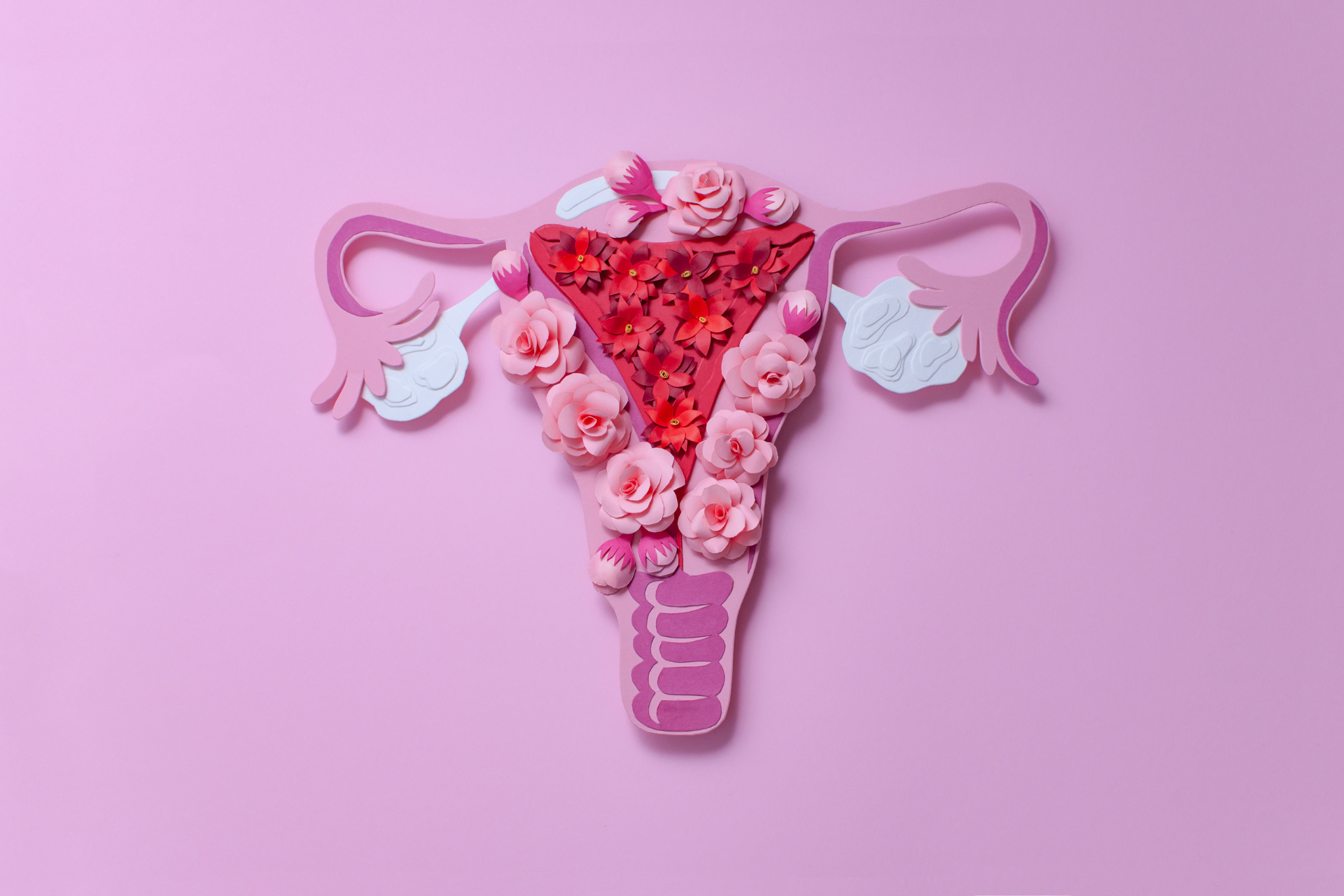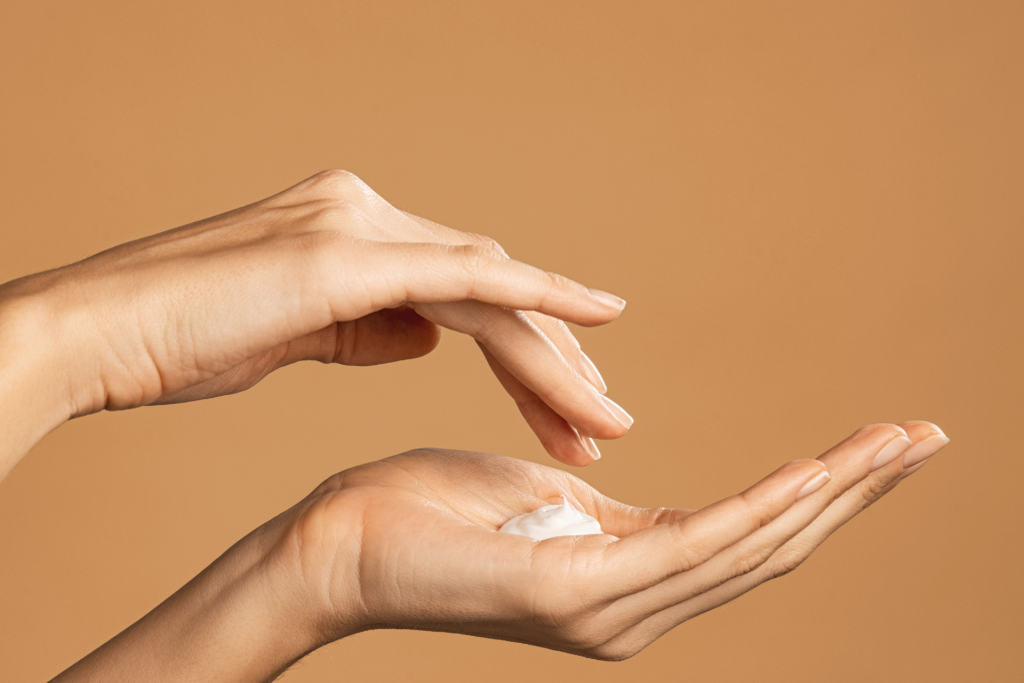
So You’ve Been Told You Have PCOS…Now What?
Hello lovely readers,
Today, we’re diving into a topic that affects many women yet is often misunderstood: Polycystic Ovary Syndrome (PCOS). Many traditional providers will simply throw hormonal birth control at you and call it a day. This is merely one approach over a complex, life-altering diagnosis. As a dedicated holistic healthcare provider, I believe in empowering you with knowledge and alternative treatment options that go beyond conventional methods. Let’s explore what PCOS is and some holistic treatments that can help manage its symptoms and get to the root cause.
What is PCOS?
Women with PCOS may have infrequent or prolonged menstrual periods, excess androgen levels (male hormones), and polycystic ovaries, which contain numerous small cysts. PCOS is a complex condition with multifaceted pathophysiology, involving both endocrine and metabolic factors. Here’s a deeper look into the underlying mechanisms:
Hormonal Imbalance
- Increased Androgens: Women with PCOS often have elevated levels of androgens (male hormones such as testosterone). These androgens are produced by the ovaries and adrenal glands. Excess androgens can interfere with the development of ovarian follicles, leading to the formation of cysts.
- Insulin Resistance: Insulin is a hormone that regulates blood sugar levels. In PCOS, the body’s cells become resistant to insulin, causing the pancreas to produce more insulin to compensate. High insulin levels can stimulate the ovaries to produce more androgens, worsening the hormonal imbalance.
- LH/FSH Ratio: The luteinizing hormone (LH) to follicle-stimulating hormone (FSH) ratio is often higher in women with PCOS. Elevated LH levels can stimulate excessive androgen production by the ovaries, while lower FSH levels fail to support the maturation of follicles.
Metabolic Dysfunction
- Insulin Resistance and Hyperinsulinemia: Insulin resistance leads to hyperinsulinemia (high insulin levels in the blood), which is a key factor in the development of PCOS. Elevated levels of insulin can lead to symptoms such as excessive hair growth in abnormal places (like your chin!), acne, and lack of monthly ovulation.
- Inflammation: Chronic low-grade inflammation is often observed in women with PCOS. Inflammatory markers such as C-reactive protein (CRP) are elevated, which may contribute to insulin resistance and heart disease.
Genetic and Environmental Factors
- Genetics: PCOS has a genetic component, and it often runs in families. Women with a family history of PCOS are more likely to develop the condition.
- Environmental Factors: Lifestyle factors, including diet, physical activity, and exposure to endocrine-disrupting chemicals, can influence the severity and manifestation of PCOS symptoms.
Integrative Treatments for PCOS
While hormonal birth control is a common treatment for managing PCOS symptoms, there are several other options that can help. Let’s explore:
Improving Insulin Resistance
Insulin resistance is a common issue in women with PCOS, and managing it is crucial for overall health. Here are some supplements and medications that can help:
- Inositol: Inositol, particularly myo-inositol and D-chiro-inositol, can help improve insulin sensitivity and reduce symptoms of PCOS by enhancing the body’s response to insulin.
- Alpha-Lipoic Acid: This antioxidant helps improve insulin sensitivity and reduces inflammation, which is often elevated in women with PCOS.
- Chromium: Chromium picolinate can enhance insulin sensitivity and help regulate blood sugar levels.
- Berberine: Berberine is a powerful supplement that has been shown to improve insulin sensitivity, reduce glucose levels, and even help with weight loss. It also has anti-inflammatory properties that can benefit overall health.
- L-Carnitine: L-Carnitine can help improve insulin sensitivity and support weight loss by enhancing fat metabolism and reducing inflammation.
- Metformin: A medication commonly prescribed for type 2 diabetes, metformin can help manage insulin resistance in women with PCOS, improving insulin sensitivity and lowering blood glucose levels.
- GLP-1 Agonists: These medications, often used to manage diabetes, can help improve insulin sensitivity and support weight loss in women with PCOS by mimicking the incretin hormones that increase insulin secretion.
Reducing Androgenic Effects
High levels of androgens can lead to symptoms like acne, hirsutism (excess hair growth), and hair loss. Here are some supplements and medications that may help:
- Saw Palmetto: This herb can help reduce the conversion of testosterone to dihydrotestosterone (DHT), a more potent androgen, thereby reducing androgenic effects.
- Spearmint Tea: Drinking spearmint tea twice a day has been shown to reduce androgen levels and improve symptoms like hirsutism. It also has anti-inflammatory properties that can help soothe the skin.
- Zinc: Zinc supplements can help balance hormones and reduce androgen levels while also providing anti-inflammatory benefits.
- Spironolactone: This medication is an androgen receptor blocker and can help reduce androgen levels, improving symptoms like acne and hirsutism.
5-Alpha Reductase Inhibiting Herbs
5-alpha reductase is an enzyme that converts testosterone to DHT, which can exacerbate PCOS symptoms. Inhibiting this enzyme can help manage your symptoms as well:
- Green Tea Extract: Contains compounds that inhibit 5-alpha reductase and have anti-androgenic effects. It also provides anti-inflammatory benefits that can improve overall health.
- Reishi Mushroom: Known for its anti-androgenic properties, reishi mushroom can help reduce DHT levels and has strong anti-inflammatory effects.
Lifestyle Changes
In addition to supplements, lifestyle changes play a crucial role in managing PCOS:
- Diet: A balanced diet low in refined sugars and high in fiber can help manage insulin resistance and overall health.
- Exercise: Regular physical activity can improve insulin sensitivity, help with weight management, and reduce stress.
- Stress Management: Practices like yoga, meditation, and deep-breathing exercises can help manage stress levels, which in turn can help balance hormones and reduce inflammation.
Conclusion
PCOS is a complex condition, but with the right knowledge and holistic approach, you can manage your symptoms effectively. If you suspect you have PCOS or are looking for alternative treatments, consider these supplements, medications, and lifestyle changes. We would love for you to make an appointment with us to explore your options for management and success!
If you have any questions or need personalized advice, don’t hesitate to reach out.



